Study in Canada Guide
Why Study in Canada?
Canada offers a plethora of compelling reasons to study within its borders. First and foremost, Canadian universities consistently rank among the world’s best. Their academic programs are renowned for their quality and innovation, preparing students for successful careers on a global scale.
Moreover, Canada’s reputation for tolerance and inclusivity ensures that international students feel right at home. You’ll have the opportunity to experience a rich tapestry of cultures, making lifelong friendships and expanding your horizons.
Choosing a University and Course in Canada
Deciding to study in Canada is an exciting step towards your academic and career goals. Canada is renowned for its high-quality education system, welcoming atmosphere, and diverse culture. However, with numerous universities and a wide range of courses to choose from, it’s crucial to make informed decisions. This guide will help you navigate the process of selecting the right university and course for your educational journey in Canada.
Define Your Goals and Interests
Do you have a specific field of study in mind, or are you exploring options? Knowing your objectives will guide your decision-making process.
Research Universities
Canada is home to numerous universities, each with its own strengths and specialties. Research universities that align with your academic interests.
Program Selection
Explore the programs offered by your shortlisted universities. Ensure they offer the specific courses or majors you’re interested in.
Location Matters
Think about your lifestyle preferences and whether you prefer a bustling city, a quiet town, or proximity to natural landscapes.
Accreditation and Rankings
Verify that your chosen university is accredited and recognized by relevant academic bodies.
Financial Considerations
Evaluate tuition fees and the cost of living. Some provinces may have lower living costs than others.
Admission Requirements
To secure your spot at a Canadian university, you’ll need to meet specific admission requirements. These generally include academic transcripts and proof of English language proficiency.
Campus Facilities and Support Services
Inquire about support services for international students, such as language assistance and career counseling.
Alumni Success and Industry Connections
Consider universities with strong industry connections and opportunities for internships and co-op programs.
Luminedge takes great pride in its commitment to helping international students to achieve their educational goals by providing comprehensive guidance and support to secure prestigious scholarships that will facilitate their academic journey.
Canada Top Universities
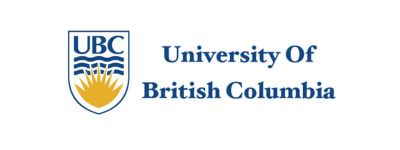
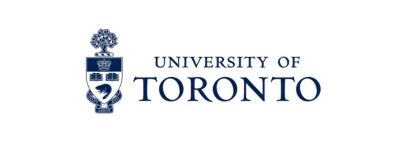
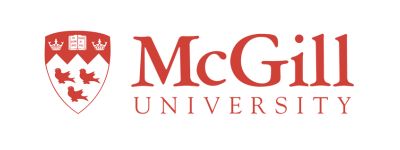
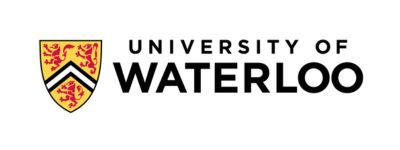
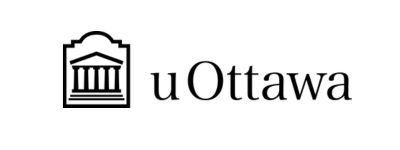
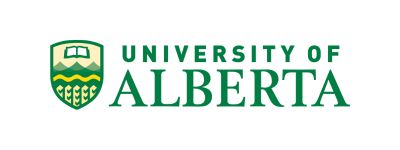
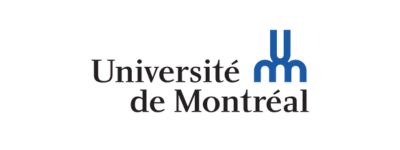
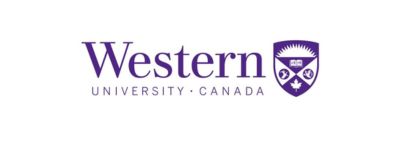
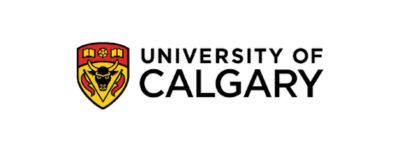
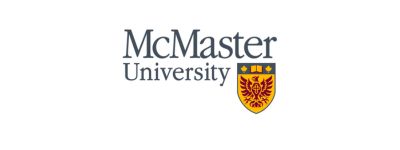
Canada Top Courses
Canada has gained a reputation as a premier destination for international students seeking high-quality education and diverse academic opportunities. If you’re considering studying in Canada, here are some of the top courses that attract students from around the world:
- Business Management
- Arts and Humanities
- Health Sciences
- Life Sciences and Biotechnology
- Computer Science and Information Technology
- Architecture
- Environmental Sciences
- Engineering
- Creative Arts and Design
- Tourism & Hospitality Management
- International Relations and Political Science
- Business Management
- Arts and Humanities
- Health Sciences
- Life Sciences and Biotechnology
- Computer Science and Information Technology
- Architecture
- Environmental Sciences
- Engineering
- Creative Arts and Design
- Tourism & Hospitality Management
- International Relations and Political Science
Tests Required To Study In Canada
For international students seeking to study in Canada, demonstrating proficiency in English is a crucial requirement. Canadian universities typically require proof of English language skills to ensure that students can successfully engage in coursework and participate in campus life. Here are the primary English proficiency tests recognized by Canadian universities:
IELTS
Canadian universities usually have specific IELTS score requirements for admission, often ranging from 6.0 to 7.5, depending on the program and institution.
TOEFL
The paper-based TOEFL is no longer an option; the internet-based TOEFL (iBT) is now the standard. Most institutions require a minimum overall score of 90, and specific abilities may need scores of 20-25.
CAEL (Canadian Academic English Language Assessment)
The CAEL-CE assessment reflects Canadian academic language use. Typically, a minimum score of 70 overall is needed, with no part scoring below 60.
PTE
PTE Academic is gaining popularity among Canadian universities. Institutions typically require a minimum score of 60 to 65.
Scholarships and Financial Aid
Studying in Canada is more accessible than you might think. Numerous scholarships and financial aid opportunities are available to international students. These include government-funded scholarships and awards offered by individual universities. Research these options thoroughly to alleviate financial concerns and focus on your studies.
Visa and Immigration
Understanding the student visa application process is crucial. You’ll need to gather essential documents, such as your acceptance letter and proof of funds, to apply for a study permit. It’s advisable to initiate this process well in advance to ensure a smooth transition to Canada.
Healthcare and Insurance
Understanding Canada’s healthcare system and securing health insurance is vital. Ensure you have the necessary coverage to access healthcare services during your stay.
Cost of Living
Canada is known for its high quality of life, but it’s essential to plan your finances carefully. Estimate your cost of living, which includes accommodation, transportation, food, and other expenses. Many students find part-time work opportunities to help cover these costs.
